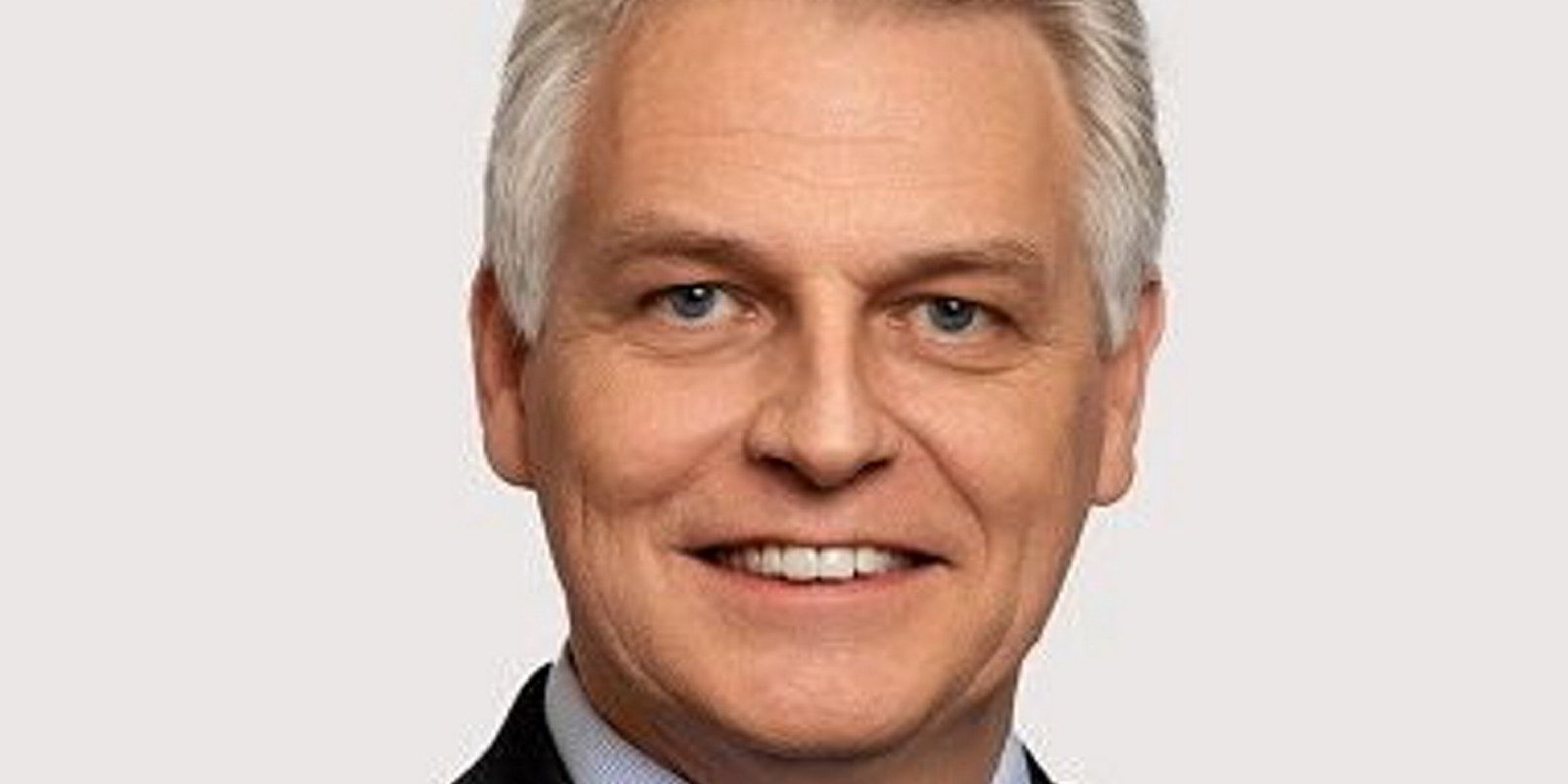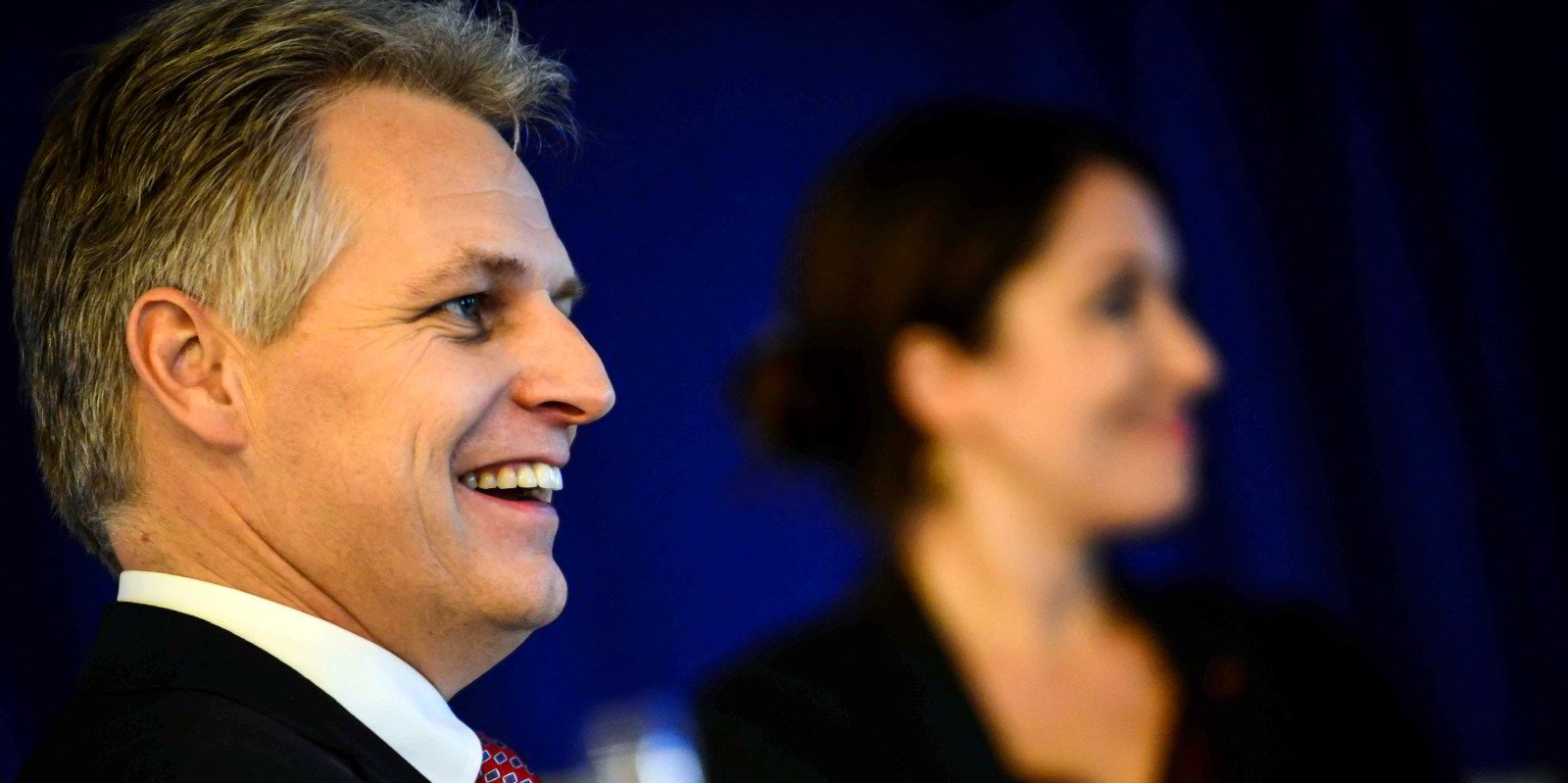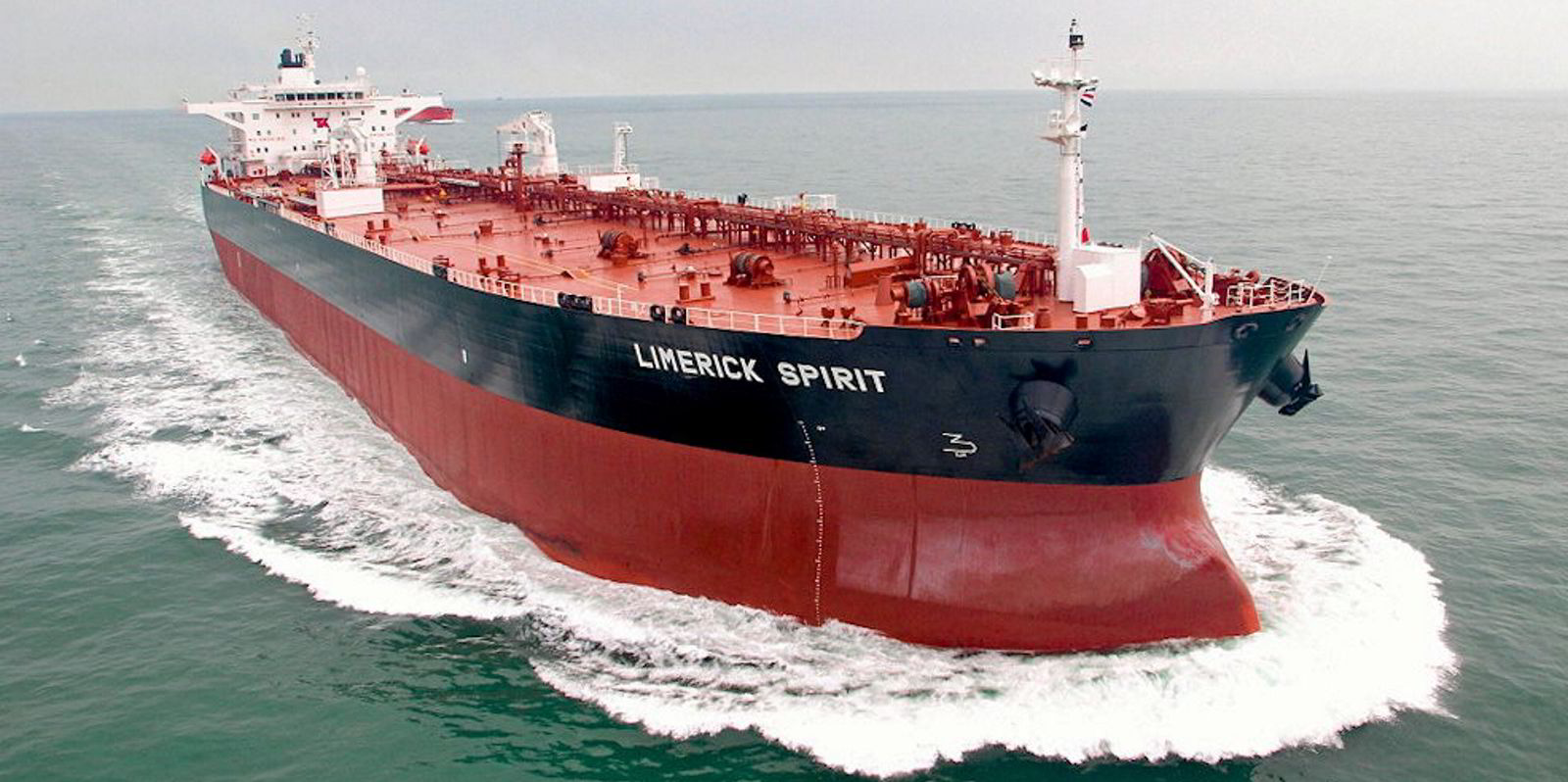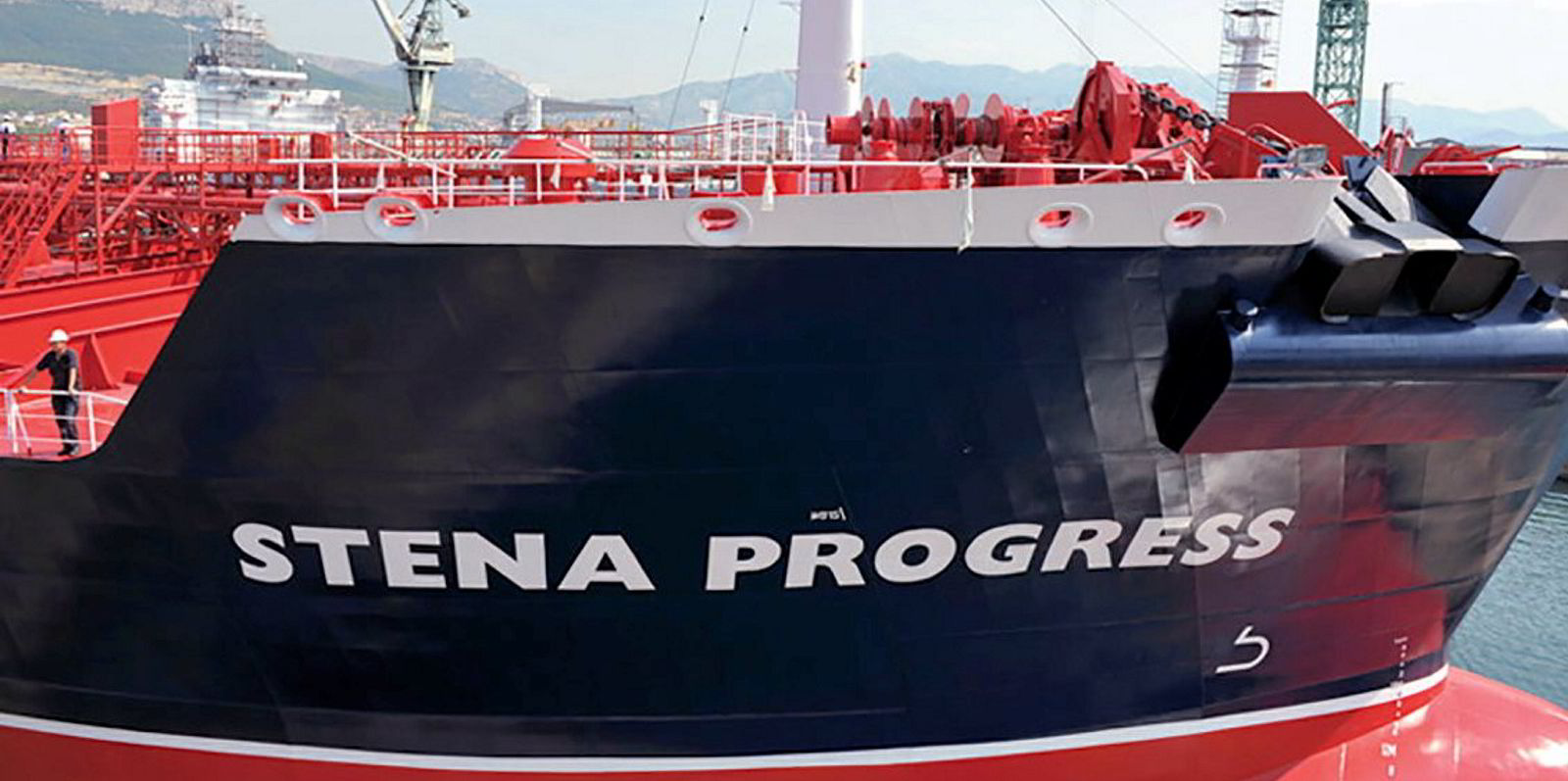Serial Greek tanker buyer IMS SA has picked up a pair of tankers from New York-listed Teekay Tankers.
Teekay Tankers chief executive Kevin Mackay had told analysts in a conference call in November that he might sell some of the company’s older assets if a “very nice opportunity” came up.
The revelation suggests that a deal was in progress when Mackay discussed the company’s fleet renewal plans.
In a transaction likely finalised in November, the Vancouver-based company disposed of the 115,400-dwt Esther Spirit and 115,000-dwt Everest Spirit (both built 2004).
According to VesselsValue, these are the first tankers that Teekay has offered to third parties in over a year.
Managers at Greece’s IMS SA have now confirmed that their clients have bought the pair.
The Everest Spirit is already trading in the IMS fleet under its new name Luggati.
The price of the transaction, however, remains undisclosed.
Athens-based brokers report that the South Korean-built pair changed hands for $24m each.
Teekay could potentially reap significant financial gains from this deal, as it is said to have contracted the two ships as newbuildings for $36m each in 2002 from Daewoo Shipbuilding & Marine Engineering and Samsung Heavy Industries.
A swim against the tide
If you believe that $48m might be too high a price to pay for vessels built almost two decades ago and due to pass special surveys later this year — think again.
Tanker values, which have been boosted since the Ukraine war broke out, are now getting a further shot in the arm after Houthi disruption in the Red Sea started affecting oil trade routes as well.
If IMS decided today to flip the two ships it purchased from Teekay just a few weeks ago, it could expect to raise between $66m and $70m in total, according to rapid estimates from the VesselsValue and Signal Ocean shipping data platforms.
The Piraeus-based company, however, does not seem to have quick asset play profits in mind.
The Marios Gialozoglou-led outfit is playing a long-term game instead, betting on shifting geopolitics to trade its fleet profitably in the freight market.
Sources familiar with the company’s thinking attribute this to a conscious geopolitical play on mid-aged to older tankers benefiting from trade inefficiencies to earn higher freight rates over longer distances.
This means that, unlike several Greek peers that have been offloading secondhand tankers at rising prices over the past two years, IMS has been actively acquiring them.
The company has tripled the size of its fleet in the past 20 months, in a whirlwind of secondhand buys of 18 tankers, built between 2002 and 2011, and a single, younger bulker.
IMS’ latest acquisition of the Teekay aframaxes sees the company taking a bet on the crude carrier market as well. All the other tankers IMS purchased in its buying spree so far had been product carriers.
In another below-the-radar purchase of such a ship that has only surfaced recently, clients of IMS acquired late last year the 72,700-dwt Chemtrans Naos (built 2006) from Germany’s Chemikalien Seetransport at an undisclosed price.
According to Equasis, IMS took delivery of the LR1 just before Christmas and the ship is currently trading as Chora.
This story has been amended since publication to reflect that the seller was Teekay Tankers.






